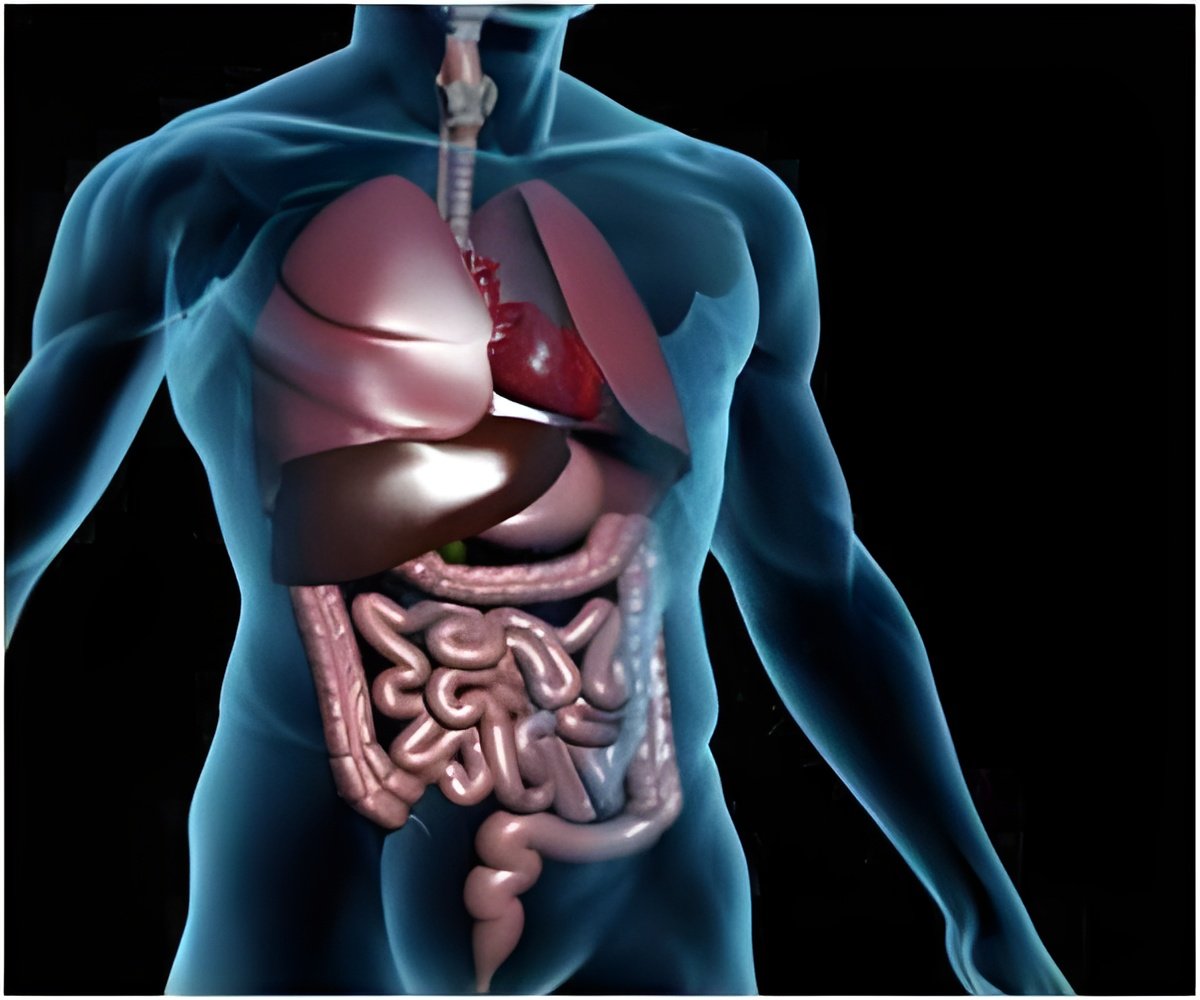
“There is so much we don’t know about the immune system, but sometimes just mimicking what the system does, like we do with vaccines, can work very well” they note.
“If we do manage to mimic what Langerhans cells (in the skin) do, then we could develop treatments that would precisely induce tolerance against specific antigens – just like the immune system of the skin does now.”
The researchers worked with a group of mice in which only the Langerhans cells could stimulate the immune system. They then activated the Langerhans cells and measured the response.
“No matter what we threw at them to get them to activate a long-term immune response, the Langerhans cells always induced immune tolerance,” Prof Fazekas says.
This result seems to go against the prevailing wisdom in immunology about the workings of dendritic cells, the class of immune cell to which Langerhans cells belong.
Advertisement
The antigen reprograms passing T cells, the workhorses of the immune system, which then set off a cascade of responses that eventually lead to the destruction of anything displaying that antigen.
Advertisement
“This is the opposite of what you’d usually expect. In previous studies of immune cells, if there was a flurry of activity, we assumed it was the start of a long-term immune response,” Prof Fazekas says.
However, the immune system is a layered defence—the next layer of skin has different kinds of dendritic cells, which program on-going responses against bacteria. So if bacteria penetrate deep enough to meet these cells, the immune response will kill them.
In inflammatory bowel disease, which afflicts thousands of Australians, the immune system is activated against the gut bacteria, which are usually left alone.
This discovery opens up possible ways to figure out why this disorder occurs and to find treatments to a range of diseases of the immune system.
style="mso-special-character: line-break">
Source-Medindia












